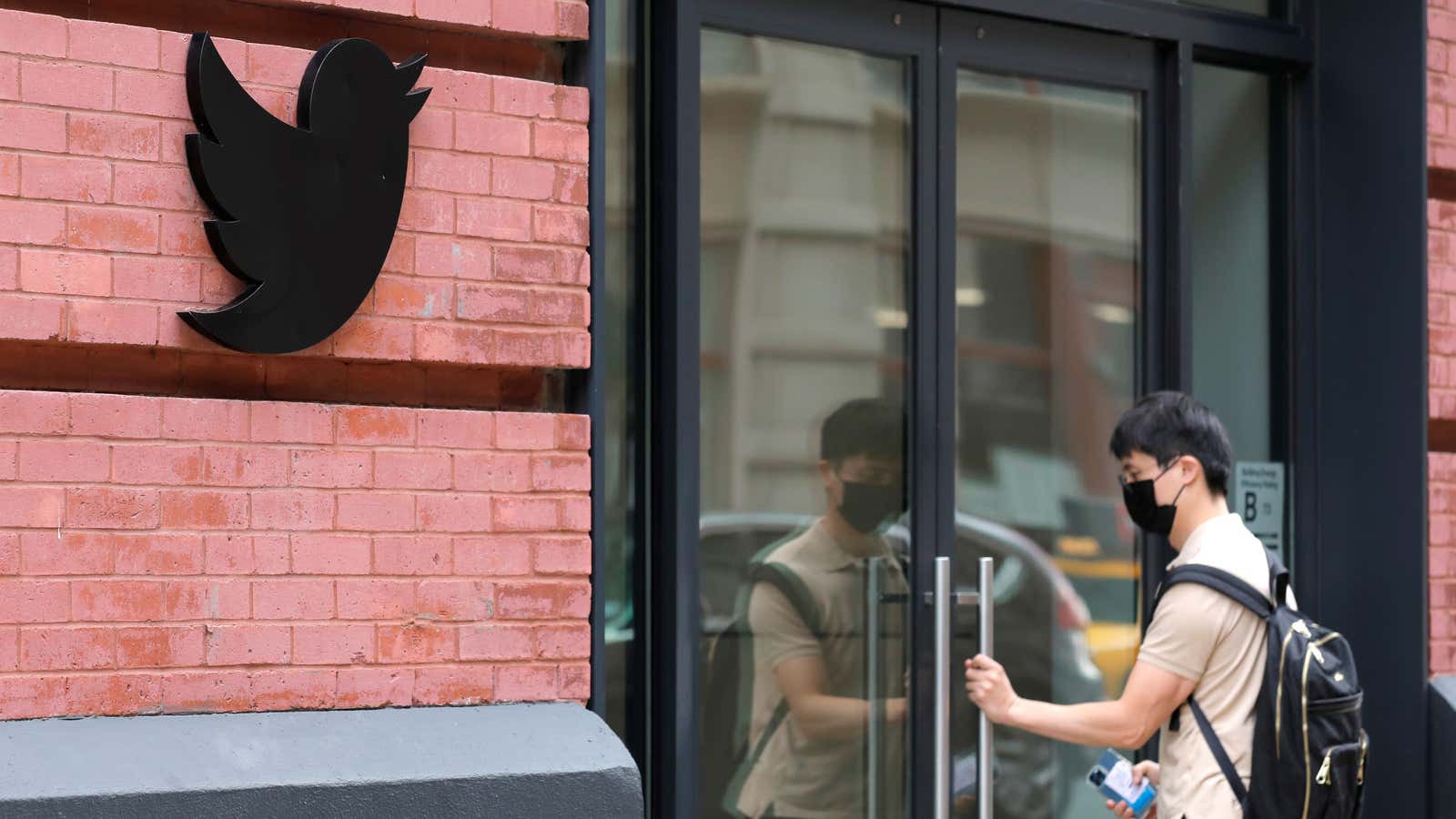The return to office is upon us—for real this time. Maybe.
Tech companies like Microsoft and Google and banks like Citigroup and American Express have announced fast-approaching dates by which staff will be expected to start showing up at the office at least part of the week.
To employees, the demand that people appear in the office again—even part-time—can be baffling. Yes, some people will be thrilled and relieved to work somewhere other than home. But, as Apple employees wrote in a protest letter to that company’s leadership team last year (after CEO Tim Cook announced that employees will be required to work in the office at least three days per week), workers had already demonstrated they could be productive and innovative working remotely, so why insist that they go back in person? Many people found they were better able to balance career with life, including caregiving, when they worked from home. Why force those employees to commute? Why deny them the chance to live near family on the other side of the country, especially after the pandemic had re-ordered priorities for so many?
Twitter managed to side-step the entire time- and energy-consuming debate when, in 2020, it told workers they could work from home indefinitely.
This month, Parag Agrawal, Twitter’s new CEO reiterated that policy, while announcing that the office will be fully open as of March 15 for anyone who wants to go in. “Wherever you feel most productive and creative is where you will work and that includes working from home full-time forever. Office every day? That works too. Some days in office, some days from home? Of course. That’s actually how most of you feel,” he wrote.
Agrawal didn’t suggest this arrangement would be easy or frictionless. Compared with having everyone working at home, “distributed working will be much, much harder. Anyone who has joined a meeting remotely while others are in a conference room knows this pain,” he said. “There will be lots of challenges in the coming months, and we’ll need to be proactive, intentional, learn, and adapt. We’re in this together, and we each play a role in the open, inclusive, and productive culture we want to create.”
The takeaway: Agrawal’s tenure has just begun, but he has passed an early test of company culture. And unlike his choice to take paternity leave as CEO (cue the applause!) for only a few weeks (really?), he is not taking a half-measure with his return-to-office policy.
Agrawal is putting employees’ needs first, knowing that a work-from-anywhere policy would require more effort from Twitter’s managers and leadership team, not only its employees. He is allowing employees to make decisions for themselves. He is also minimizing the amount of time employees and teams spend debating the merits of going remote-first or meeting in the office once per week, or returning to the office full-time.
More than that, he is choosing a workplace structure that will, in a sense, mirror the company’s aspirations within the marketplace as it moves toward decentralization. Twitter is moving away from the walled-garden tech platform model in a process that could take years. As it does this, it’s appropriate to let go of a conventional office model, to relax the corporate grip on employees’ lives and routines, and to forge a path forward.
Quartz at Work is available as a newsletter. Sign up here to get The Memo delivered to your inbox.
